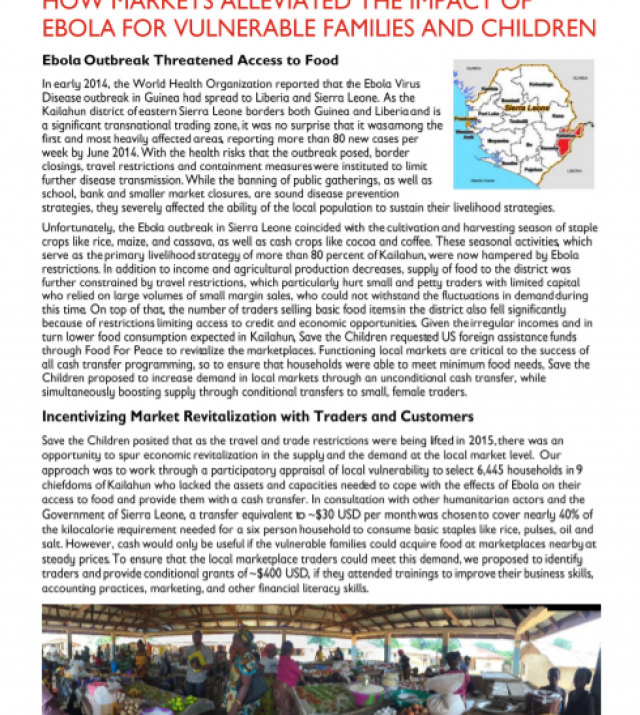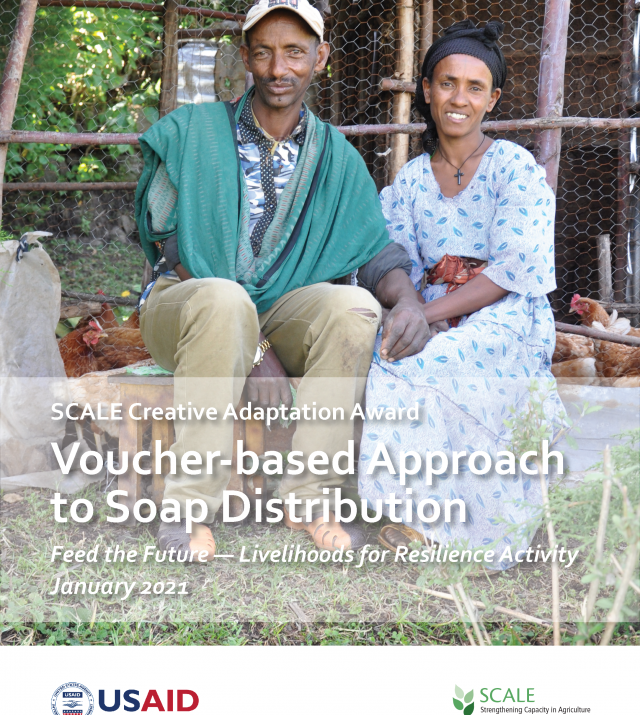
A Cost of the Diet Analysis in Azraq Refugee Camp, Jordan

Jordan is currently host to over half a million Syrian refugees, 37,659 of which were residing in Azraq Camp at the time of this study (UNHCR, July 2016). Azraq Camp residents rely completely on food vouchers, provided by WFP, which are redeemable at a single, central supermarket. Very few Syrian refugees in Azraq have opportunities to generate additional household income. Each person, regardless of age, is allotted 20 Jordanian Dinars (JOD) and 7.44 kg of bread per month. No food security or dietary diversity indicators were available for Azraq Camp at the time of this study.
International Medical Corps was awarded a TOPS Small Grant to lead a Cost of the Diet (CotD) training and assessment among Syrian refugees in Azraq Camp during July 2016 to better understand if and how refugees can meet energy and nutrient requirements using local foods; the extent to which economic poverty and typical dietary habits prevented households and vulnerable individuals in Azraq from consuming a nutritious diet, and to inform nutrition and food security program design and policy within Azraq Camp, as well as to build capacity of key partners in the CotD methodology.
Data was gathered through a market survey to obtain prices of foods available in Azraq Camp, individual interviews to check the frequency of foods consumed by families, and focus group discussions to understand dietary habits of families in the Camp. All data were triangulated and modeled using the Save the Children’s CotD software.
For most, but not all households in Azraq Camp, a nutritious diet is available; however, a nutritious diet adjusted for food consumption habits is not affordable for most households. This report shows the results for different households, as well as various models tested to bridge the gap between what refugees in Azraq Camp need in order to afford an acceptable nutritious diet and what they receive, and provides recommendations on how this could be done.

